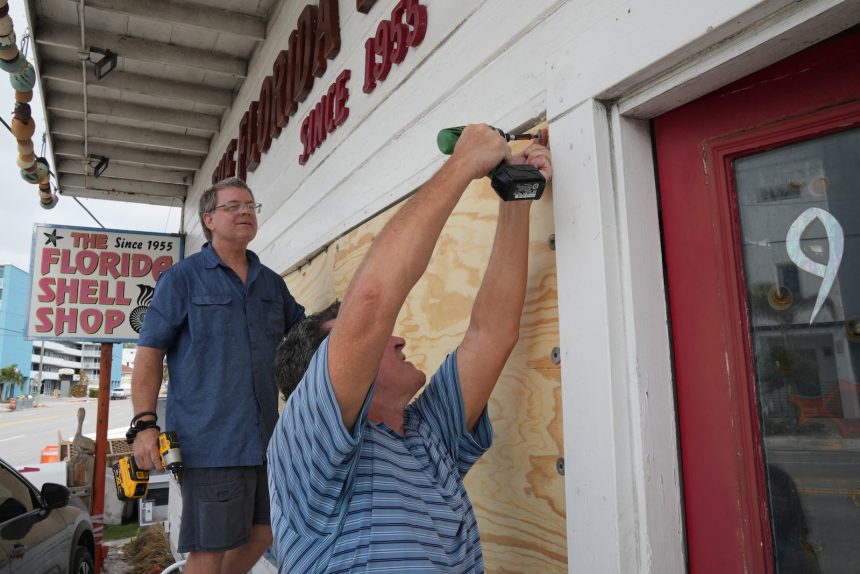Less than two weeks after Hurricane Helene devastated the Southeastern United States, Hurricane Milton has rapidly intensified and is poised to hit Florida. Milton has reached Category 5 status with winds of 180 mph. It is expected to bring heavy rainfall, flooding, and a powerful storm surge when it makes landfall near Tampa Bay on Wednesday.
The speed at which Milton intensified has astonished meteorologists. Within 24 hours, its sustained wind speeds jumped by 90 mph, a rate of intensification rarely seen in the Atlantic. The warm waters of the Gulf of Mexico provided the ideal conditions for this explosive transformation.
The absence of crucial sea surface temperature data due to Hurricane Helene has made it challenging to fully analyze Milton’s intensification in the context of climate change. However, experts believe that climate change has significantly increased the likelihood of such rapid intensification events.
With warmer oceans, higher humidity, and weaker wind shear, hurricanes like Milton have the perfect environment to develop into dangerous storms quickly. This trend is expected to continue, leading to more unpredictable and severe hurricanes in the future.
Milton’s impact on Florida could be catastrophic, with forecasted storm surges of up to 15 feet posing a major threat to coastal communities. The National Weather Service has warned that Milton may be the most severe storm to hit the Tampa area in over a century, underscoring the urgency of hurricane preparedness and climate change mitigation efforts.






